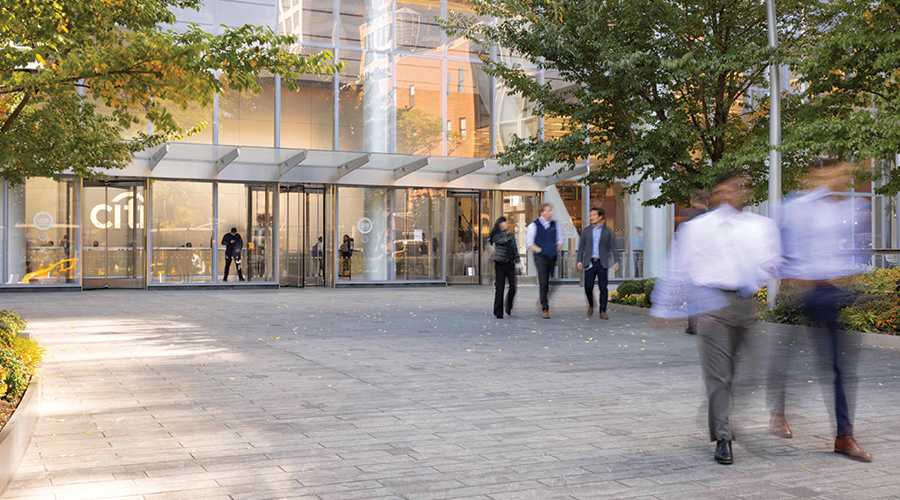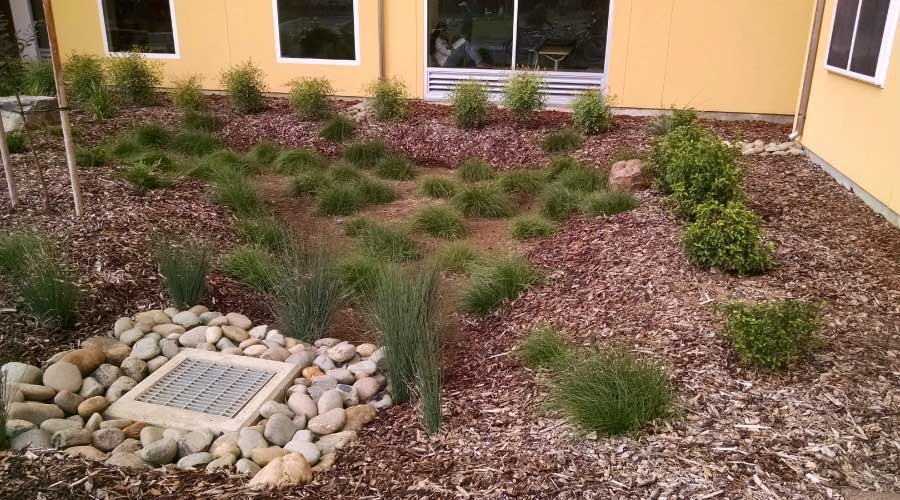Green Certification Bodies
Here is a list of the most recognizable and widely accepted green certifications:
- EcoLogo: This is a third-party certification program that measures multiple attributes — such as recycled content and reductions of a variety of undesirable chemicals — of the environmental impact of more than 20 different types of products.
- Energy Star: A joint venture between the U.S. EPA and Department of Energy, Energy Star measures the energy performance of several building products, including roofing.
- FloorScore: Developed by the Resilient Floor Covering Institute and Scientific Certification Systems (SCS), FloorScore tests hard surface flooring and flooring adhesives for compliance with indoor air quality standards.
- Forest Stewardship Council (FSC): The FSC is an independent, non-profit and non-governmental organization that certifies, through a transparent process, forests that are managed to meet the social, ecological, and economic needs of current and future generations.
- Greenguard: The Greenguard Environmental Institute is a third-party testing program for low-emitting products and materials.
- Green Label and Green Label Plus: Developed by the Carpet and Rug Institute, these certifications measure the volatile organic compounds (VOCs) emitted by carpets.
- Green Seal: A non-profit organization, Green Seal develops standards for and certifies a variety of building products based on both environmental and performance criteria.
- MBDC Cradle to Cradle: This certification measures manufacturers’ use of environmentally safe and healthy materials, design for material re-utilization, efficient use of water and energy during production, and implementation of strategies for social responsibility.
- NSF/ANSI Standard 140: Developed by NSR International and The Carpet and Rug Institute, NSF 140 is a certification system for carpets and rugs that considers the manufacturing processes used, source materials and chemicals used.
- Scientific Certification Systems: SCS is a for-profit testing facility that provides independent certification of environmental and sustainability claims.
- Sustainable Forestry Initiative: SFI is an independent, charitable organization, and its forest certification standard covers water quality, biodiversity, and wildlife habitat, among other factors.
- Sustainable Materials Rating System (SMaRT): SMaRT is a comprehensive certification administered by the Institute for the Market Transformation to Sustainability that awards a LEED-like level of certification (Sustainable, Silver, Gold or Platinum) based on a product’s sustainable features.
- WaterSense: A program administered by EPA, the WaterSense label measures the water efficiency and performance of lavatory products and irrigation services.

Karen Kroll, a contributing editor for Building Operating Management, is a freelance writer who has written extensively about real estate and facility issues.
Related Topics:














